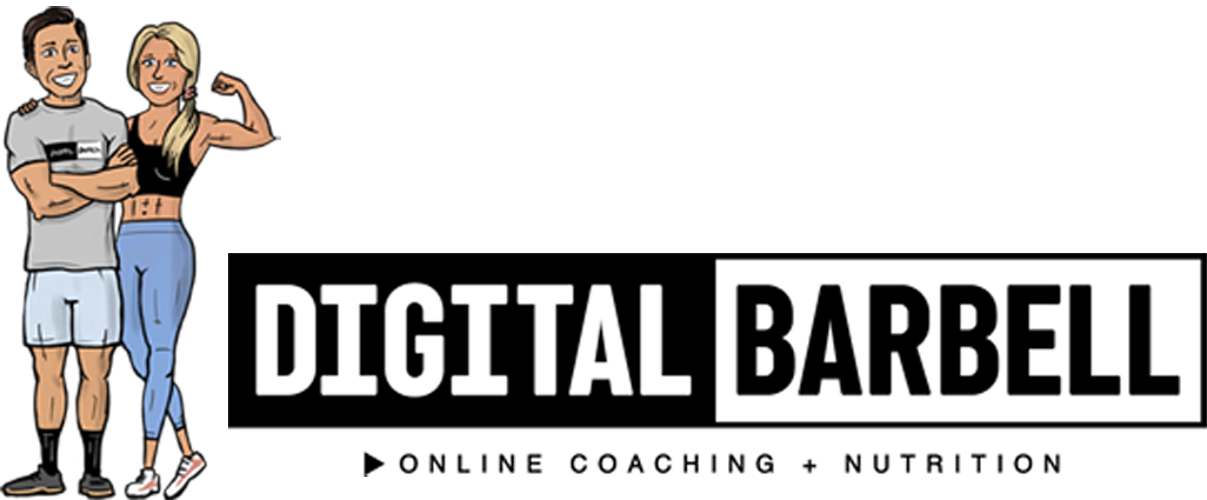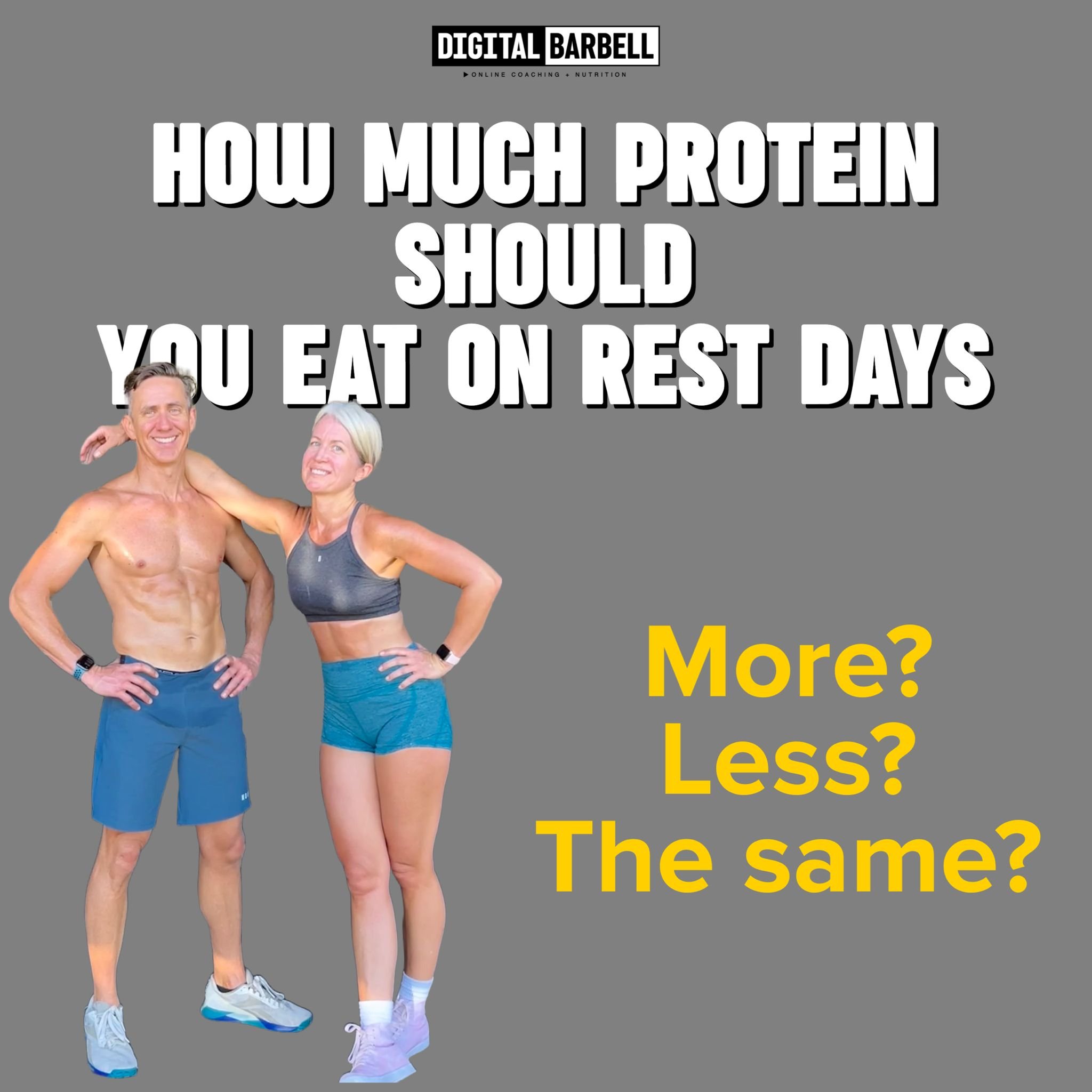How Much Protein Should You Eat On Rest Days?
Should you eat less, more, or the same amount of protein on rest days?
Written by Jonathan Fletcher
I know what you’re thinking…
“I know I need to eat protein to build strength and muscle. But can I eat less protein on days when I don’t work out?”
It’s a good question that we used to wonder about too.
The short answer is no. Don’t eat less protein on rest days.
If you want to understand why, keep reading.
Protein is an “essential” nutrient. That means that if you don’t get it from your diet, your body will cannibalize your existing muscles for protein, and then you'll eventually just cease to exist. #sad
The protein in your food becomes the building blocks of your muscles and other important tissues and structures in your body.
Protein is also instrumental in the repair of damaged tissue like muscle.
Maybe you never thought about it before, but when you work out, you’re damaging your muscles.
If you’re following a well-written training program you’ll be causing just enough damage that you can recover from, and then you’ll come back stronger for your next workout.
That recovery comes from two main sources.
1: Sleep and time off of the gym
2: Your nutrition, especially the protein that you eat
Since this article is about protein specifically, let’s dig into the meat (Get it? The meat? Anyone?).
Does it matter when you eat protein?
A lot of people get bogged down in unnecessary details like trying to time exactly what time of day they eat protein.
They think that if they don’t slam a protein shake the minute they finish the last rep of their workout, the whole thing was a waste.
It’s just not true.
So instead of focusing on that, we help our clients understand that getting enough total protein for the entire day is the main priority.
That alone will get you 90% of your potential results with recovery and body composition improvement.
If you truly want to optimize your protein intake, simply eat 3-5 meals during the day that add up to the total amount of protein you’re trying to get each day. #easypeasy
How much protein should you eat for muscle recovery and repair?
In general, we guide our clients to eat between .7 and 1.2 grams of protein per day, per pound that they weigh.
If you’re a female, we’ll cap that daily total between 150-175 grams, and if you’re a male, we’ll cap it between 225 and 250 grams of protein per day.
Levels beyond that are really hard to keep up with consistently, and you reach a point of diminishing returns from trying to eat more protein at some point.
People who are trying to lose fat need a different amount of daily protein than someone who’s small and trying to put weight on.
We made a free tool to help you set your own exact protein, carb, and fat goals, and you grab it today for free.
Should you eat less protein on rest days?
Ok, let’s get back to the question that you came here for.
The reason it’s important not to drop your protein on rest days is actually really simple.
Remember earlier when I said that your workouts are breaking down your muscles?
Whether you lift weights, do a CrossFit WOD, run sprints, or anything else, you flip a switch in your body that makes you extra responsive to the benefits of eating protein when you train.
And that elevated state of sensitivity can last for up to 48 hours.
In other words, after you train, you should have protein on hand for your body to rebuild, repair, and make you stronger.
Dropping your protein on rest days is like driving past a gas station when your low-fuel light is on.
You’d literally be cutting off one of the most important nutrients for building strength and muscle, on the days that you’re trying to emphasize recovery.
While some of our clients have different calorie goals throughout the week, we never recommend that they eat less protein on rest days.
What kind of protein is best to eat?
Not all protein is created equally.
If you want to maximize your strength and lean muscle, try to get the majority of your protein from sources like meat, eggs, dairy, and soy.
These “complete” proteins have all of the necessary amino acids your body needs to build muscle, without having to rely on supplements.
If you’re a vegan or vegetarian, don’t worry, we have covered. THIS article has everything you need to know about building strength and muscle without eating meat.
If you’d like to learn even more about protein, carbs, and fat, check out episode 22 of our podcast to remove any confusion.
What kind of protein powder is best?
If you’re falling short of hitting your protein goal, protein powder can be a great option.
But again, not all of them are created equally.
The main things that make a protein powder “good” or not, are the amount of protein, the source of the protein, and what else the protein powder has in it.
For the full story, click HERE to learn how to find a protein powder that’s good for your goals.
If your nutrition isn’t working for you, or if you’re overwhelmed by all of the misleading, confusing, and overwhelming info out there, we can help.
We help normal, hard-working people just like you reach their goals every day with our 5-Step Nutrition Freedom Framework.
We’d love to help you too.
Apply for coaching today, and start winning tomorrow.


